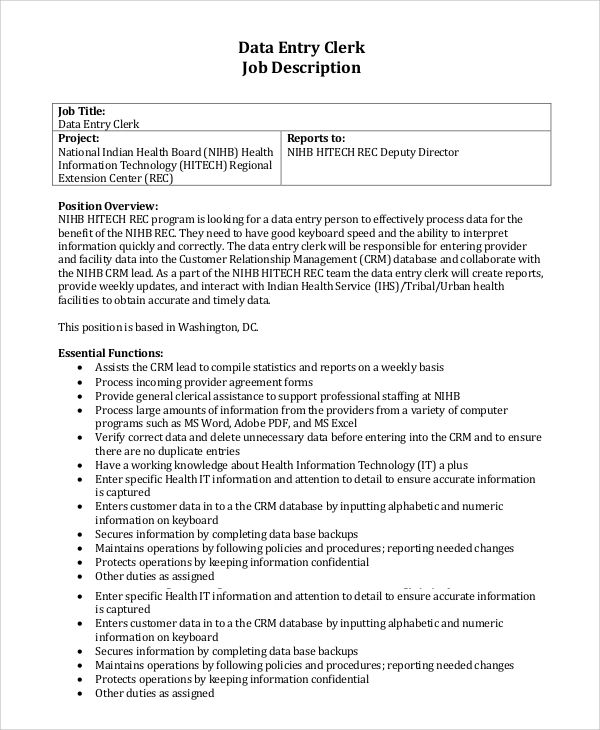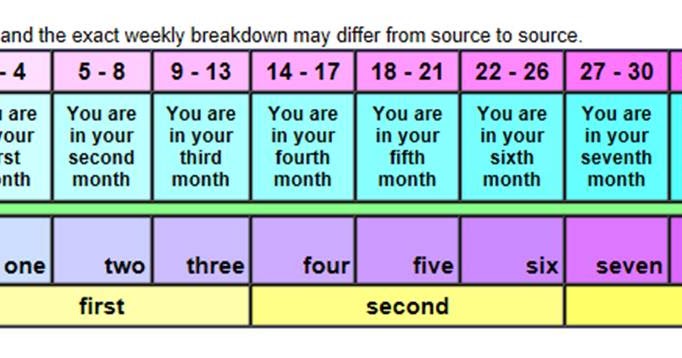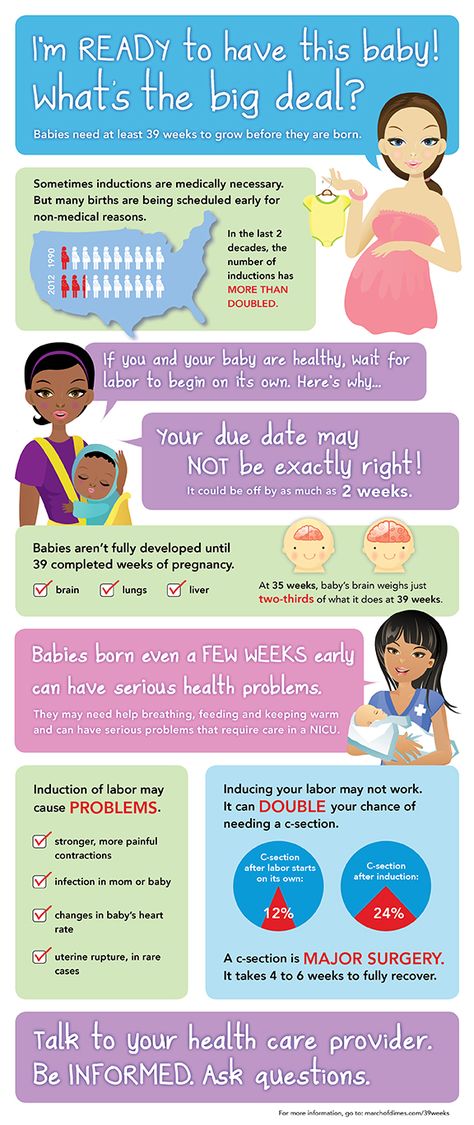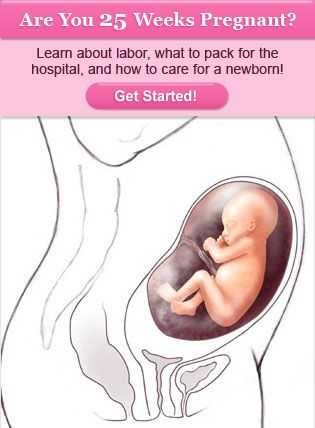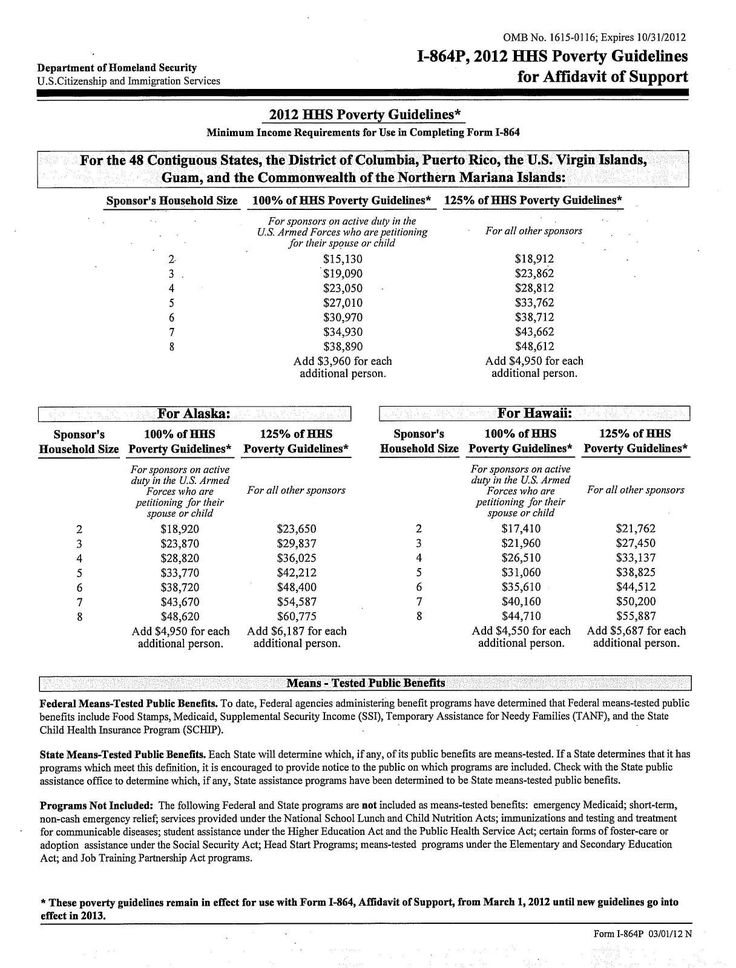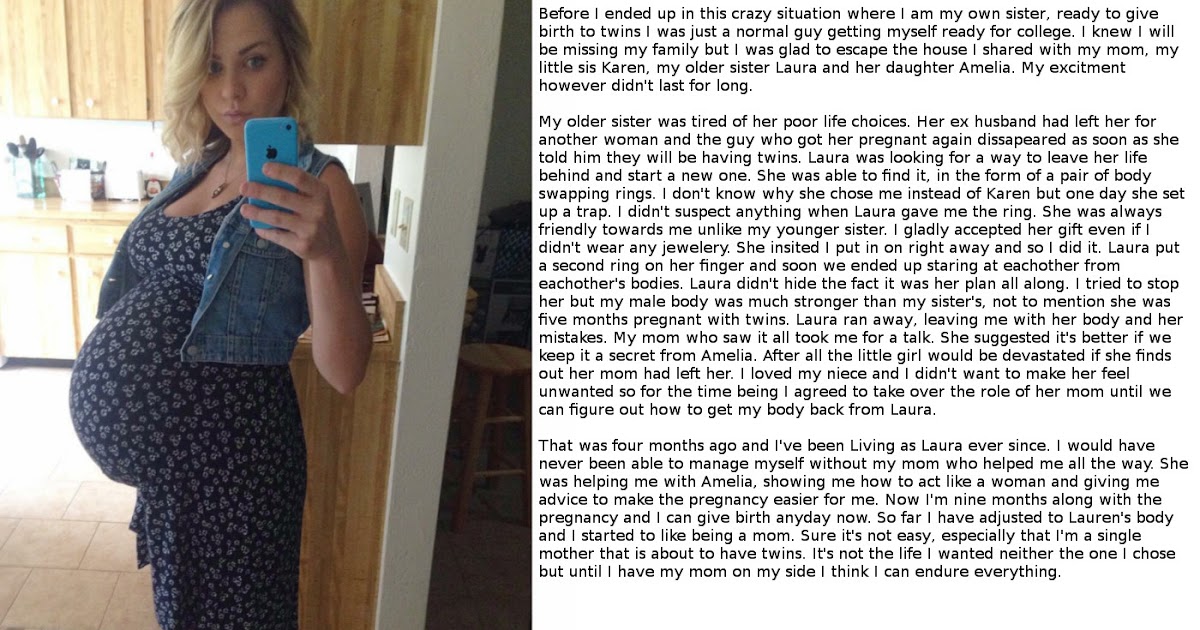Is decaf coffee ok during pregnancy
Can You Drink Decaf Coffee During Pregnancy?
Coffee is a popular caffeinated drink known for its energy-boosting and stimulating effects.
However, pregnant women may prefer to reduce or eliminate caffeine to avoid potential health risks.
Decaf coffee is a popular alternative that can provide the taste of coffee without the high amount of caffeine.
Yet decaf coffee still contains a small amount of caffeine, which may lead some women to wonder whether it’s safe to drink during pregnancy.
This article tells you all you need to know about decaf coffee and pregnancy.
Caffeine is a stimulant found in a variety of plants, including coffee, cocoa, and guarana, which may have positive effects on neurological conditions, heart disease, liver disease, diabetes, and some cancers (1).
However, caffeine is broken down more slowly during pregnancy and can cross the placenta, entering the growing baby’s bloodstream — where it cannot be broken down (1).
Although the exact mechanisms are not yet known, some studies have associated a high caffeine intake during pregnancy with low birth weight, growth restriction, miscarriage, and a higher risk of excess weight during childhood (2, 3, 4, 5, 6).
Yet, the exact relationship of caffeine to negative pregnancy outcomes is still an active area of research, and its effects may vary significantly between individuals (1, 7).
Given the current level of knowledge, the American College of Obstetricians and Gynecologists (ACOG) recommends that pregnant women consume no more than 200 mg of caffeine from all sources per day (7).
One cup (240 mL) of brewed black regular coffee contains 96 mg of caffeine. Therefore, most guidelines recommend limiting regular coffee intake to about 2 cups (475 mL) per day (8).
SummaryCaffeine is a stimulant found in various plants, including coffee, cocoa, and guarana. A high caffeine intake may be associated with some negative birth outcomes, so it’s recommended that pregnant women restrict caffeine to 200 mg per day.
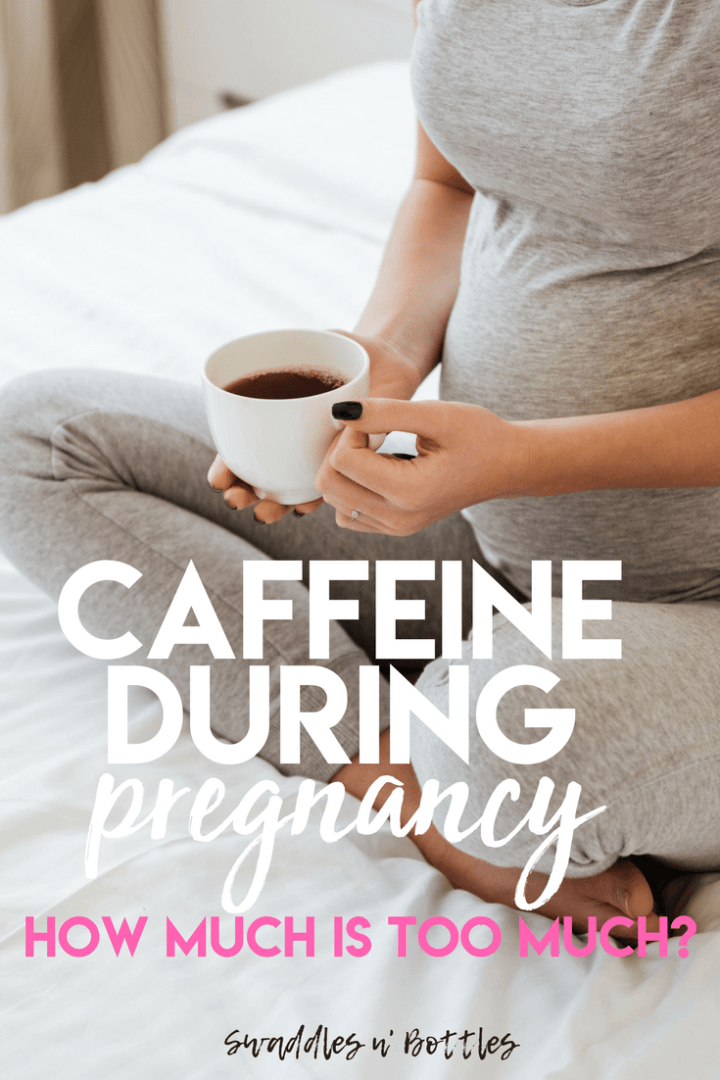
“Decaf” stands for “decaffeinated” and refers to coffee that has had at least 97% of the caffeine removed from the beans during processing.
Although most of the caffeine is removed, a very small amount remains.
A brewed cup (240 mL) of decaf coffee contains about 2.4 mg of caffeine and a decaf espresso (60 mL) about 0.6 mg (9).
Compare this to the amount of caffeine found in other food and drinks:
- Regular espresso: 127 mg per 2-ounce (60-mL) serving (10)
- Regular brewed coffee: 96 mg per 8-ounce (240-mL) serving (8)
- Dark chocolate: 80 mg per 3.5-ounce (100-gram) serving (11)
- Energy drinks: 72 mg per 8-ounce (240-mL) serving (12)
- Brewed black tea: 47 mg per 8-ounce (240-mL) serving (13)
- Cola: 33 mg per 12-ounce (355-mL) serving (14)
- Hot chocolate: 7 mg per 8-ounce (240-mL) serving (15)
It’s clear that the amount of caffeine in decaf coffee is minimal compared with that of other caffeine-containing products.
However, it’s important to note that some commercial decaffeinated coffee may have higher amounts of caffeine. For example, one study found that commercial decaf coffee harbored up to almost 14 mg of caffeine per 16-ounce (475-mL) serving (16).
While these amounts are still small, if you drink a lot of decaf coffee or consume other caffeine-containing products, it may be a good idea to double-check the caffeine content of the type you buy.
SummaryDecaf coffee contains 2.4 mg of caffeine per 8-ounce (240-mL) cup. This is significantly less than what is found in regular coffee and other sources of caffeine, such as dark chocolate, energy drinks, tea, and cola.
There are no official guidelines on decaffeinated coffee and pregnancy.
Nonetheless, due to the very low amounts of caffeine in decaf coffee, it’s most likely safe to drink in moderation during pregnancy.
However, some people assert that decaf coffee is linked to an increased risk of miscarriage.
Most of these claims appear to be based on a 1997 study, which found that women who drank 3 or more cups (710+ mL) of decaf coffee during the first trimester of pregnancy had a 2.4 higher risk of miscarriage than women who drank none (17).
One 2018 study had similar findings (18).
Still, it’s important to note that the studies’ authors stated that the results were most likely due to a bias within the study data set — not the decaf coffee itself.
Therefore, replacing your morning cup of coffee with decaf should not be any cause for concern.
All the same, if you wish to avoid caffeine completely during pregnancy, choose caffeine-free hot drinks like pregnancy-safe herbal and fruit teas, hot water with lemon and honey, golden milk, and alcohol-free mulled cider.
SummaryAlthough no official guidelines exist for decaf coffee during pregnancy, it’s likely safe in moderation because the amounts of caffeine are very small.
Decaf coffee is coffee that has been processed to remove 97% of the caffeine content.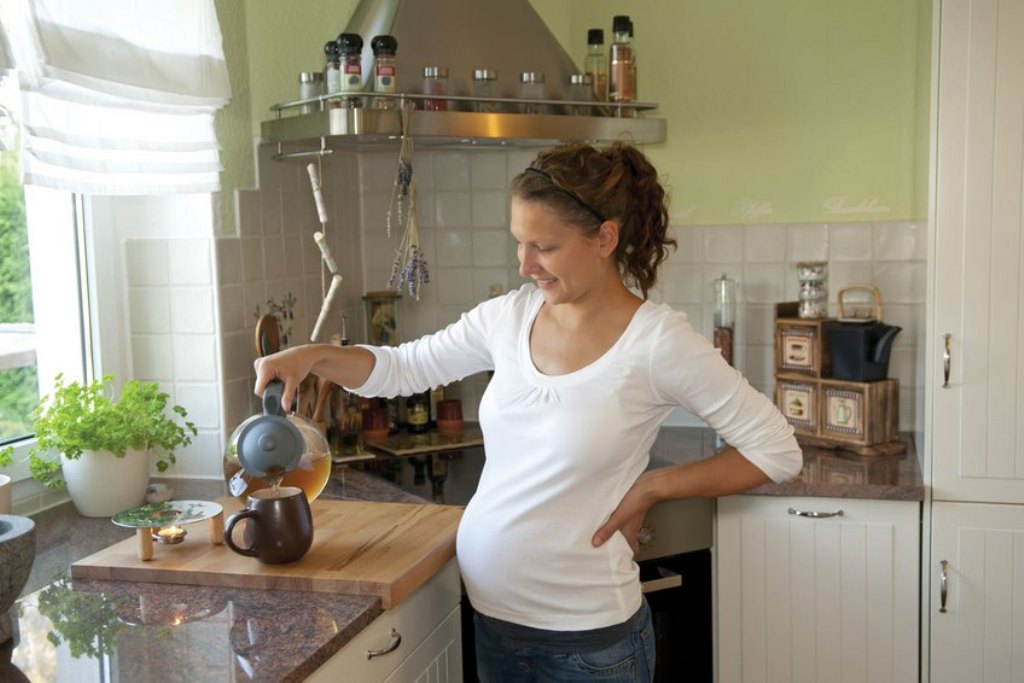
It’s recommended that pregnant women consume no more than 200 mg of caffeine per day to reduce the risk of miscarriage, low birth weight, and growth restriction.
Decaf coffee contains only a very small amount of caffeine, with 2.4 mg in an average brewed cup (240 mL). Therefore, it’s most likely fine to drink in moderation during pregnancy.
However, if you prefer to consume no caffeine at all, you would be better off sticking to completely caffeine-free alternatives, such as some pregnancy-safe herbal teas.
Effects of regular and decaffeinated coffee on fetal breathing and heart rate
Clinical Trial
. 1989 May;160(5 Pt 1):1043-7.
doi: 10.1016/0002-9378(89)90157-9.
H S Salvador 1 , B J Koos
Affiliations
Affiliation
- 1 Department of Gynecology and Obstetrics, School of Medicine, Loma Linda University, CA 92354.

- PMID: 2729379
- DOI: 10.1016/0002-9378(89)90157-9
Clinical Trial
H S Salvador et al. Am J Obstet Gynecol. 1989 May.
. 1989 May;160(5 Pt 1):1043-7.
doi: 10.1016/0002-9378(89)90157-9.
Authors
H S Salvador 1 , B J Koos
Affiliation
- 1 Department of Gynecology and Obstetrics, School of Medicine, Loma Linda University, CA 92354.
- PMID: 2729379
- DOI: 10.
 1016/0002-9378(89)90157-9
1016/0002-9378(89)90157-9
Abstract
The effects of maternal consumption of regular or decaffeinated coffee on the fetus were determined in eight pregnant women at 32 to 36 weeks of gestation. This was a single-blind crossover study in which two cups of caffeinated or decaffeinated coffee were consumed after an overnight fast. The total maternal caffeine ingested was 454 +/- 4 mg for regular coffee and 12 +/- 0.4 mg for decaffeinated coffee. Maternal consumption of regular coffee was associated with a twofold increase in the incidence of fetal breathing activity and a significant fall in baseline fetal heart rate. Decaffeinated coffee also increased the incidence of fetal breathing activity and produced a slight reduction in fetal heart rate. These results indicate that maternal consumption of regular and decaffeinated coffee can stimulate fetal breathing. Moreover, these results suggest that caffeinated coffee can produce baseline shifts in fetal heart rate.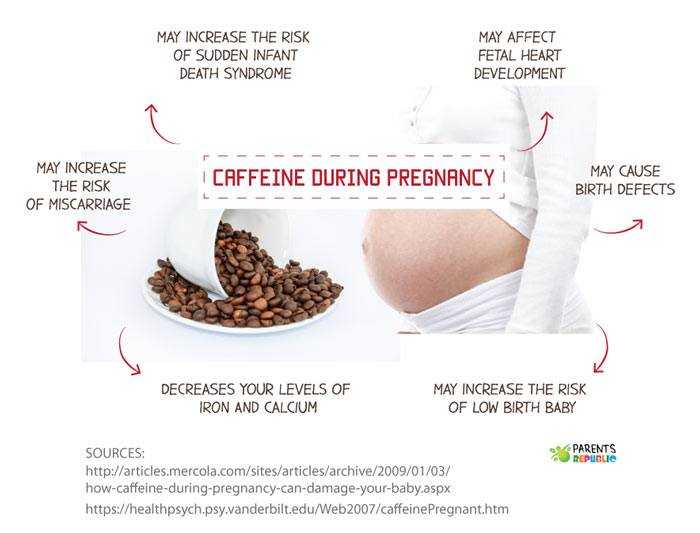
Similar articles
-
Effect of decaffeinated versus regular coffee on blood pressure. A 12-week, double-blind trial.
van Dusseldorp M, Smits P, Thien T, Katan MB. van Dusseldorp M, et al. Hypertension. 1989 Nov;14(5):563-9. doi: 10.1161/01.hyp.14.5.563. Hypertension. 1989. PMID: 2680964 Clinical Trial.
-
Associations between maternal decaffeinated and caffeinated coffee consumption and fetal growth and gestational duration.
Eskenazi B, Stapleton AL, Kharrazi M, Chee WY. Eskenazi B, et al. Epidemiology. 1999 May;10(3):242-9. Epidemiology. 1999. PMID: 10230832
-
Coffee and caffeine consumption and the risk of hypertension in postmenopausal women.

Rhee JJ, Qin F, Hedlin HK, Chang TI, Bird CE, Zaslavsky O, Manson JE, Stefanick ML, Winkelmayer WC. Rhee JJ, et al. Am J Clin Nutr. 2016 Jan;103(1):210-7. doi: 10.3945/ajcn.115.120147. Epub 2015 Dec 9. Am J Clin Nutr. 2016. PMID: 26657046 Free PMC article.
-
Coffee. Facts and controversies.
Etherton GM, Kochar MS. Etherton GM, et al. Arch Fam Med. 1993 Mar;2(3):317-22. doi: 10.1001/archfami.2.3.317. Arch Fam Med. 1993. PMID: 8252153 Review.
-
[Effects of coffee and caffeine on fertility, reproduction, lactation, and development. Review of human and animal data].
Nehlig A, Debry G. Nehlig A, et al. J Gynecol Obstet Biol Reprod (Paris).
 1994;23(3):241-56. J Gynecol Obstet Biol Reprod (Paris). 1994. PMID: 8051344 Review. French.
1994;23(3):241-56. J Gynecol Obstet Biol Reprod (Paris). 1994. PMID: 8051344 Review. French.
See all similar articles
Cited by
-
Caffeine acts via A1 adenosine receptors to disrupt embryonic cardiac function.
Buscariollo DL, Breuer GA, Wendler CC, Rivkees SA. Buscariollo DL, et al. PLoS One. 2011;6(12):e28296. doi: 10.1371/journal.pone.0028296. Epub 2011 Dec 2. PLoS One. 2011. PMID: 22164264 Free PMC article.
-
Adenosine A₂a receptors and O₂ sensing in development.
Koos BJ. Koos BJ. Am J Physiol Regul Integr Comp Physiol. 2011 Sep;301(3):R601-22. doi: 10.1152/ajpregu.00664.2010. Epub 2011 Jun 15. Am J Physiol Regul Integr Comp Physiol.
 2011. PMID: 21677265 Free PMC article. Review.
2011. PMID: 21677265 Free PMC article. Review. -
Maternal caffeine intake and risk of selected birth defects in the National Birth Defects Prevention Study.
Browne ML, Hoyt AT, Feldkamp ML, Rasmussen SA, Marshall EG, Druschel CM, Romitti PA. Browne ML, et al. Birth Defects Res A Clin Mol Teratol. 2011 Feb;91(2):93-101. doi: 10.1002/bdra.20752. Epub 2011 Jan 19. Birth Defects Res A Clin Mol Teratol. 2011. PMID: 21254365 Free PMC article.
-
The role of CO(2) and central chemoreception in the control of breathing in the fetus and the neonate.
Darnall RA. Darnall RA. Respir Physiol Neurobiol. 2010 Oct 31;173(3):201-12. doi: 10.1016/j.resp.2010.04.009. Epub 2010 Apr 23.
 Respir Physiol Neurobiol. 2010. PMID: 20399912 Free PMC article. Review.
Respir Physiol Neurobiol. 2010. PMID: 20399912 Free PMC article. Review.
Publication types
MeSH terms
Substances
Grant support
- HD-18478/HD/NICHD NIH HHS/United States
Is it possible for pregnant women to have coffee? TEA.RU
Coffee is, without a doubt, one of the most popular beverages that people drink almost all over the world. This is an axiom that does not require proof. For many of us, coffee has long become a tradition, and for some, it is an integral part of our lifestyle. There are people among us who cannot imagine the morning without a cup of strong aromatic drink.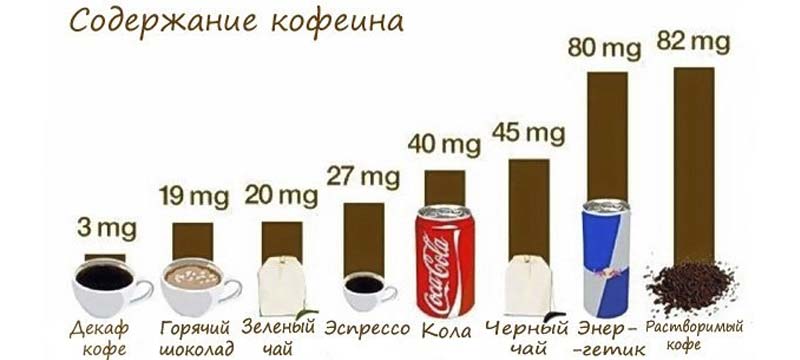 If we don’t get the “next dose” of caffeine in the morning, it seems to us that the world around us has lost its colors, the mood is hopelessly spoiled, and in general the day didn’t work out initially.
If we don’t get the “next dose” of caffeine in the morning, it seems to us that the world around us has lost its colors, the mood is hopelessly spoiled, and in general the day didn’t work out initially.
According to statistics, women drink coffee more often than the strong half of humanity. And then the day comes when a woman finds out that she is pregnant. For many, the question immediately arises as to whether it is possible to drink coffee during pregnancy, how an invigorating drink can affect the health of the child and mother. Is it possible to drink coffee during pregnancy - this is a rather difficult question that has long been of concern to scientists around the world. Opinions on this matter are very different, many scientists study the use of coffee during pregnancy. Unfortunately, there is still no clear answer to this question. But there are certain studies, the data of which will help to understand this issue.
If we delve deeper into this problem, there are many more questions:
• Is it possible for pregnant women to drink natural coffee or is it better to give preference to an instant drink?
• What kind of coffee can pregnant women drink, and in what cases?
• Should coffee be avoided early in pregnancy or is it necessary later?
• If there is a ban on this drink, why not coffee during pregnancy?
• How much coffee can pregnant women, if the doctor allows?
And these are far from all the questions that a woman asks herself when she finds out about her “interesting position”. After all, many do not want to give up the morning charge of vivacity, but not a single woman would definitely want to harm the unborn baby, which is natural. So, pregnancy and caffeine - let's try to figure it out.
After all, many do not want to give up the morning charge of vivacity, but not a single woman would definitely want to harm the unborn baby, which is natural. So, pregnancy and caffeine - let's try to figure it out.
Coffee during pregnancy: yes or no
The question of whether it is possible to drink coffee during pregnancy can only be answered by a doctor who observes her. The fact is that coffee as such has some “contraindications”. Both in early pregnancy and later, and indeed for women, even if they are not in a “special position”, coffee is not useful if:
• history of chronic diseases of the gastrointestinal tract, such as gastritis, hyperacidity, peptic ulcer, and others;
• there is a tendency to high blood pressure, which is already characteristic of pregnant women due to natural physiological reasons;
• Pregnancy occurs during the hot summer months, as drinking caffeinated drinks can lead to dehydration.
• coffee in early pregnancy is contraindicated if a woman has early toxicosis, accompanied by dizziness and nausea;
• a lady "in position" was diagnosed with high cholesterol levels in the blood and in some other conditions.
Thus, drinking or not drinking coffee can be decided only after the pregnant woman is fully examined and registered for pregnancy. Timely early visit to the doctor is the key to the health of both mother and baby.
Examination will allow you to choose the way of life that will be as healthy as possible and contribute to the easy bearing of a child at the very beginning of the journey. The effect of coffee on pregnancy can be different, depending on the general health of the expectant mother and some other factors.
Can I drink instant coffee during pregnancy?
What is instant coffee? Good instant coffee is prepared using sublimation processes and other technologies from natural coffee.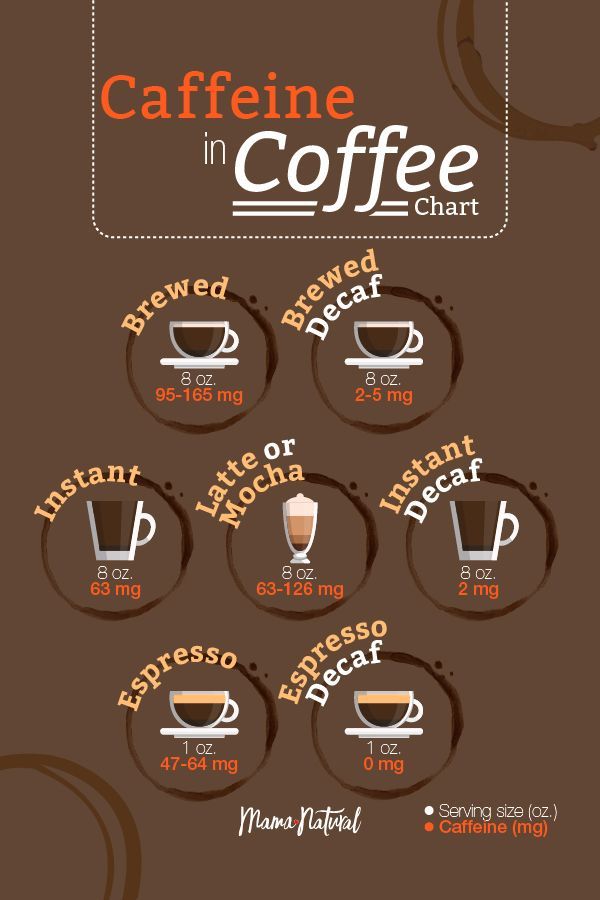 The result is a drink rich in micro and macro elements, beneficial nutrients and other compounds. This coffee has all the useful qualities of the original product, polished taste and aroma.
The result is a drink rich in micro and macro elements, beneficial nutrients and other compounds. This coffee has all the useful qualities of the original product, polished taste and aroma.
It is worth noting that instant coffee, in comparison with natural coffee, has a lower caffeine content. Accordingly, if there are no contraindications, then instant coffee is possible for pregnant women, but without much fanaticism. If 1 cup a day will not hurt the expectant mother and baby, then 5-6 cups of instant coffee during pregnancy are strongly not recommended by experts.
Natural coffee during pregnancy
According to research, natural coffee contains 30-40% more caffeine than its soluble counterparts. Because of this, natural coffee has a more pronounced effect on the nervous system of the human body, has a pronounced stimulating effect and can affect the development of the fetus.
Scientists have conducted a number of studies on the long-term effects of coffee on pregnancy. In the course of these studies, it was found that natural coffee during gestation affects the formation of certain brain structures, which can lead to behavioral abnormalities. Such deviations may not appear immediately, not in infancy, but at the age of 9-10 years.
In the course of these studies, it was found that natural coffee during gestation affects the formation of certain brain structures, which can lead to behavioral abnormalities. Such deviations may not appear immediately, not in infancy, but at the age of 9-10 years.
This may be hyperactivity or even aggressive conduct of the child. There is also evidence that in the future a child whose mother abused caffeine-rich drinks during pregnancy is prone to the development of malignant hypertension and various metabolic disorders.
If the pregnancy proceeds without complications, and there are no additional contraindications, then natural coffee in a volume of up to 200 ml is acceptable and does not harm either the mother or the fetus. Can pregnant women drink coffee with milk? Definitely yes! And the more milk you add to your usual drink, the more benefit and less harmful effects on the body of the mother and fetus.
Can I drink decaffeinated coffee during pregnancy?
We have already said that there are cases when coffee during pregnancy is strictly contraindicated. In this case, many coffee drinkers mistakenly assume that decaffeinated coffee can be an alternative. Such a drink is in the assortment of almost every specialized store. Moreover, sellers often recommend such a product to women "in position."
In this case, many coffee drinkers mistakenly assume that decaffeinated coffee can be an alternative. Such a drink is in the assortment of almost every specialized store. Moreover, sellers often recommend such a product to women "in position."
Please note! Doctors do not categorically recommend using decaffeinated coffee, since, among other things, such a product contains substances in large enough quantities that are in no way useful when carrying a fetus:
• essential oils;
• fineness;
• resins;
• cafestol, etc.
These substances are able to very quickly "wash out" calcium from the body of a woman, which is so necessary for the formation of the bones of the fetal skeleton. Thus, decaffeinated coffee during pregnancy is not the best solution and not at all a harmless drink. Its amount should not exceed 1 cup per day if your doctor has allowed you.
When can pregnant women drink coffee?
In some cases, it is worth noting in fairness, pregnant women can drink coffee and a drink can even be useful. These are the cases when:
These are the cases when:
• the expectant mother has a low level of hemoglobin, which is confirmed by the results of laboratory tests;
• with confirmed iron deficiency anemia;
• with chronic hypotension, that is, if a pregnant woman has low blood pressure;
• there are some deviations in cardiac activity that require correction.
In this case, the ideal option is latte during pregnancy. It is better to cook it like espresso from a coffee machine, to which a large amount of natural milk is added, which replenishes the deficiency of calcium, potassium and other substances useful for the body of the pregnant woman and the fetus.
How coffee affects pregnancy is still being studied by many scientists, and each time more and more contradictory data are found. It follows from this that there is no complete picture of how coffee affects pregnancy in modern medical science. Is coffee allowed during pregnancy is a question that only your doctor can answer, but in this case you yourself must realize and take full responsibility for all possible consequences.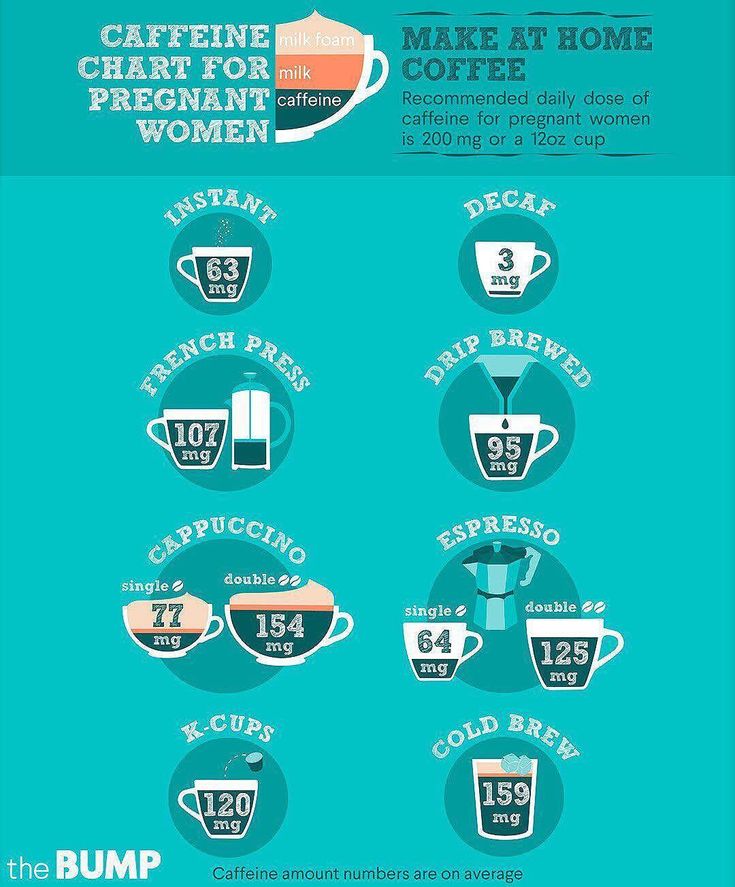
Why take risks if herbal teas, drinks made from natural berries and many other tasty and healthy things can be useful for the health of the unborn baby. A habit is a powerful thing, but it differs in that it can be abandoned at any time if it becomes irrelevant or harmful. And tea ceremonies can be an excellent alternative for you, because it is not only tasty, but also very interesting.
Is it possible to have decaffeinated coffee during pregnancy ☕
Everyone knows that drinking coffee during pregnancy is undesirable, since caffeine, contained in coffee in large quantities, is harmful to the body of the expectant mother. Most women during this period do not even look in the direction of coffee. But what about those who cannot live a day without an invigorating drink. In addition, during pregnancy, taste preferences change, and an irresistible desire to drink coffee may appear, even if the woman did not like it before. In this case, there seems to be a way out - it is decaffeinated, that is, decaffeinated coffee. This drink is very popular among fans of a healthy lifestyle, it is also recommended for pregnant women. But is it really harmless?
This drink is very popular among fans of a healthy lifestyle, it is also recommended for pregnant women. But is it really harmless?
Harm of caffeine for pregnant women
Caffeine is known to have a stimulating effect on the body. It increases the heart rate, constricts blood vessels, spurs the nervous system, the blood begins to run faster through the body, vigor and energy appear. However, after a while, the effect of caffeine ends and you need to drink a new portion.
Pregnant women should not drink coffee because it raises blood pressure. The child does not receive the substances he needs, as the vessels are constricted. Coffee drinkers often give birth to low birth weight babies. A sharp rise in pressure in a pregnant woman can end badly for both the child and herself, for example, placental abruption, bleeding and other serious complications can occur.
Caffeine binds calcium and removes it from the body. And for a pregnant woman, calcium is just what is needed for the formation of the baby's skeleton./imgs/2020/10/19/08/4185897/3cc7f9b98257257d10f448c7dafcb06ca3fd4876.jpg) Large doses of strong coffee (more than 3 cups a day) can cause dehydration in a pregnant woman.
Large doses of strong coffee (more than 3 cups a day) can cause dehydration in a pregnant woman.
Decaffeinated coffee, is it really healthy?
During pregnancy, coffee drinkers usually switch to a decaffeinated drink. It is believed that it is absolutely safe, as it does not raise pressure and does not excite the nervous system. Yes, this is true, but you can’t drink such a drink in large doses either. First of all, it should be understood that not only caffeine is harmful to coffee. It contains resins, alkaloids, tannin, organic acids, coffee oil, fiber. For a pregnant woman, not all of these substances may be useful, so even with a decaffeinated drink, you need to be careful. Of course, we are talking about natural coffee, and not about soluble chemistry.
Recently, scientists have found that decaffeinated grains increase blood levels of low-density cholesterol. It is this substance that is the main culprit of atherosclerosis. Decaffeinated coffee also enhances the secretion of gastric juice, which is undesirable for diseases of the gastrointestinal tract.
